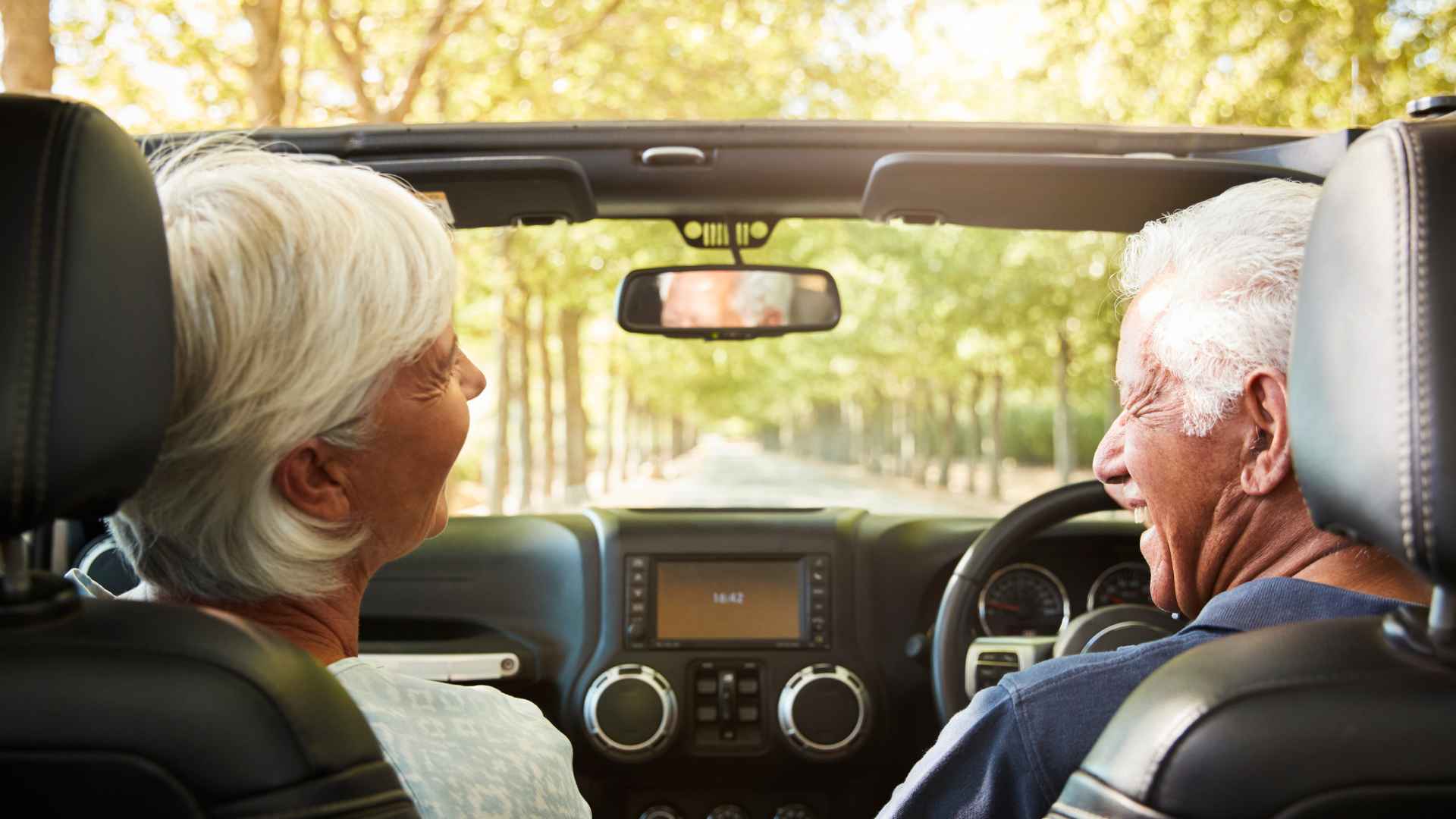Stricter renewal process zeroes in on recent accidents, health issues, and DUIs, leaving clean‑record seniors largely untouched.
Thousands of older Californians could soon face extra scrutiny at the Department of Motor Vehicles. The agency’s updated renewal policy replaces blanket written exams with a sharper focus on traffic history and medical fitness—raising the question many retirees now ponder: will your next birthday put your keys at risk?
The DMV says it wants safer roads, not age restrictions. Yet accident data tell a worrying story: more than 400 crashes in 2024 involved drivers aged 70 or older, and California has averaged 616 traffic‑related deaths a year over the last decade. Those numbers, officials insist, demanded a tougher approach.
Why California’s new DMV policy focuses on senior driving safety records rather than age limits
Forget the myth that turning 70 automatically triggers a test. Under the revised rules, seniors with spotless records still renew like anyone else—no written exam, no eye‑roll‑inducing wait times. Violations are the real deal‑breaker. A recent fender‑bender, DUI suspension, or pattern of traffic tickets now flags a renewal for mandatory testing. First‑time license applicants face the same bar, ensuring consistency across age groups.
What are the medical conditions that may trigger a review of an older driver’s license under the stricter California DMV guidelines? Safety officials also widened the net for health‑related suspensions. Epilepsy, severe diabetes, Alzheimer’s, advanced cataracts, and degenerative muscle disorders can prompt an immediate medical evaluation—or even a temporary license pull. Episodes of confusion or brief loss of consciousness are red flags too. The takeaway? Staying medically transparent with the DMV is no longer optional.
Tips senior drivers in California can follow today to protect their hard‑earned driving privileges
Before panic sets in, here’s a quick checklist to stay on the road:
- Keep your record clean by obeying speed limits and avoiding distracted driving.
- Schedule annual eye and physical exams; share results with your physician and, when required, the DMV.
- Review medications for side effects like drowsiness or slower reflexes—ask your doctor if alternatives exist.
- If assigned a written test, study the California Driver Handbook and try free online practice quizzes.
- Consider a defensive‑driving refresher course; successful completion can sometimes reduce insurance rates.
A little preparation today can spare you a nerve‑racking visit tomorrow. The DMV’s message is clear—driving remains a privilege, and public safety trumps routine renewals. Still, the agency insists its intent is empowerment, not forced retirement from the road. For many older Californians, a car is more than transportation; it is freedom, community, and self‑reliance. By focusing on concrete risk factors instead of birthdays alone, officials hope to keep that freedom alive—one safe mile at a time.

